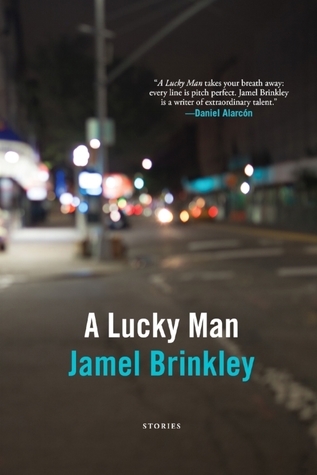 Review by Tess Tabak
Review by Tess Tabak
Wednesday Martin paints a grim picture in Untrue: Why Nearly Everything We Believe About Women, Lust, and Infidelity Is Wrong, and How the New Science Can Set Us Free. She posits that in much of the world, female sexuality has been hemmed in, due to a seemingly innocent cause: agriculture. As early hunter-gatherers, women roamed freely and the practice of multiple sex partners was common. But with the advent of the plough came the myths about female sexuality and gender roles we are taught today: that women are naturally domestic, frail, and monogamous.
The premise is one you might be familiar with – it’s been well-researched, as the NY Times noted. However, Martin infuses the subject with new energy, her own personal perspective, and a modern update, bringing recent developments like vaginal “rejuvenation” into the mix to show just how much gender roles have stayed the same. She discusses modern day adultery through the lens of two anonymous women she interviewed, Annika and Rebecca. One had an affair, and one didn’t, but both came to regret their choices for different reasons. Continue reading
 Review by E. Kirshe
Review by E. Kirshe Review by Tess Tabak
Review by Tess Tabak Review by Mary Rose MacDonald
Review by Mary Rose MacDonald In
In  Review by E. Kirshe
Review by E. Kirshe Review by Tess Tabak
Review by Tess Tabak
 When life gives you lemons, it’s time to quit your shitty job, move to Asia, and start fresh. In
When life gives you lemons, it’s time to quit your shitty job, move to Asia, and start fresh. In  Review by E. Kirshe
Review by E. Kirshe
Recent Comments